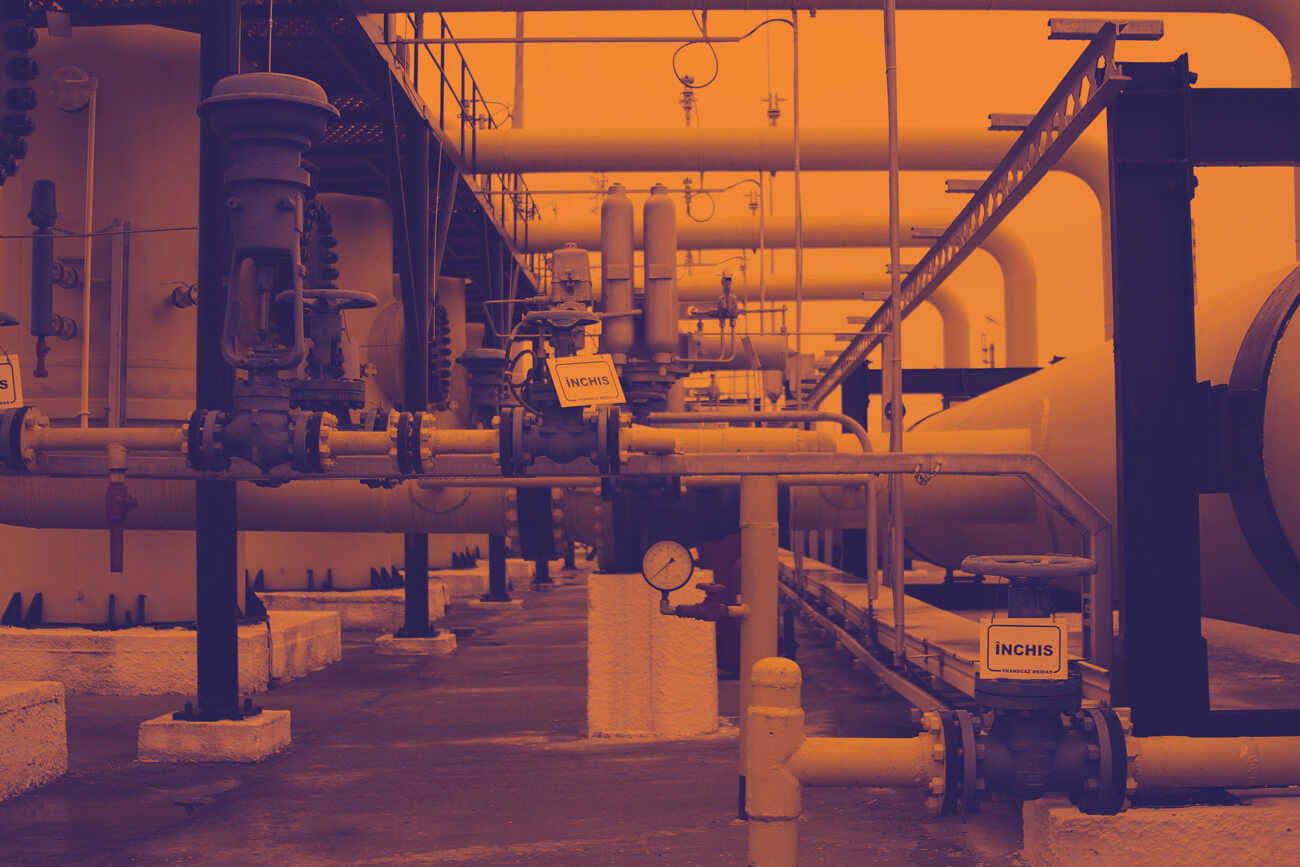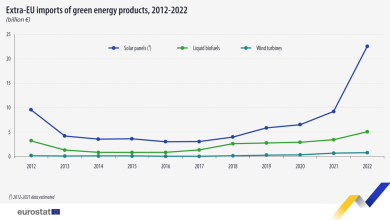The connection between investments and gas price liberalisation
“I accept the revision! However nothing should change…!” This syntagm is opening the ‘sublime’ speech held by the Farfuridi character during electoral meeting taking place in the third act of the comedy “A lost letter” – it seems it might be the motto for the media battle between the big natural gas consumers in Romania and the Romanian state on the issue of price liberalisation of natural gas; “Let it diversify and let the number of natural gas producers grow – I accept… but not allowing the selling of natural gas at prices aligned to the European level!” – this assertion seems being an adapted translation of Ion Luca Caragiale’s comedy (the founder of Romanian comedy theatre, author of the play “A lost letter”) to what the big gas consumers say during every public appearance. Sending this message, they could be suspected not only of lack of capability to understand Romania’s situation as a whole, but also of lack of capability to understand economic mechanisms and especially the connection between the way the free market in working and the decision to allot the resources at the level of economic agents. The big gas consumers say they want many more players in the Romanian natural gas production sector – so that, as competition grows between them, the gas purchasers might benefit from a stronger negotiating position and consequently get better prices! What are they not saying? Well, they don’t say in what way the “investors” can be attracted to the Romanian market… while they, the very representatives of natural gas consumers, want the producers be refused the right of selling the product at the market price, the only topic that might be a stimulant! Why should they talk about that? For the very reason that, from the economic point of view, there is no reason but profit for foreign companies to come and invest in Romania to exploit natural gas! By limiting the price they could sell the gas for leads to limiting, close to extinction, of the interest of such companies to invest in our country.
It is also true that the lack of possibilities to make a ‘clean’ profit does not exclude the possibility to draw interest from some investors. However the ones still interested could be called ‘adventurers’… which, while benefiting from various forms of stimulus – such as government incentives, or various tax exemptions or other kind of exemptions – could come here only with an ‘hit and run’ strategy. Such kind of investments are specific to ‘third world’ economies that fail to bring real value on long term and are not to be desired, obviously. For certain, at least on a specific issue, the natural gas consumers and the players on the production and distribution fields agree: Romania needs investments in the energy sector (implicitly in the natural gas sector – the one this article is pointing to)! The proof for this need is the necessity to build the framework allowing real competition between producers, so that long-awaited benefits appear – such as price decrease and/or increase of quality in services. More than that, the need for investments is supported also by the countless professional studies and analyses carried out by various entities. According to a World Bank report (“Lights Out”, 2010), Central and Eastern Europe should ensure investments in the energy field up to 3 percent of the regional GDP until 2030 in order to avoid supply interruptions. As the World Bank report aims at the entire energy sector (not only natural gas or oil but also electric power) even more relevant might be the estimations coming from OMV Petrom specialists saying Romania needs investments of 1-2 billion Euros per year for the following 20 years in the electric power field and some 3-4 billion Euros per year if it is taken into account the investment needed both in the electric power and the oil and gas sector.
The above mentioned values are only guide marks! Irrespective of being exact or vague, it is obvious Romania needs energy investments for important and numerous reasons. Investments are necessary either for exploring new deposits of oil and gas, or for redeveloping mature deposits or for stabilizing production; all the same they are needed for bringing the current capacities to European environment standards, for developing new production capacities, for improving the inter-connections with neighbouring countries (and a better connection with the common European energy market) or for increasing storage capacities (mainly for natural gas) and modernizing the transport networks. For all these purposes Romania needs money!
More than money maybe Romania is in need of know-how and last generation technologies to bring the work force and the companies in the oil and gas field to the elite industry level – a place it deserves without a doubt having in view its history and tradition! More than that, Romania needs investments, know-how and technology to build its statute of ‘energy regional hub’; a statute it is entitled to due to its history, tradition of industry in the field, political and geographic positioning and due to its natural resources.
Hence, supplementary financial resources are needed not necessarily for developing the industry, but at least for running at the current level the infrastructure in the field; however it should not be neglected the possibility of increasing Romania’s capacities for export, from the perspectives of improving the balance of foreign payments, the capacity to set up new work places for qualified personnel that would have above the average level of salaries (that would become tax payers and contributors to the social funds!).
As the state’s ability to carry on such investments is reduced by the crisis’ consequences (this ability was not high even before 2008) the only viable alternative is attracting private capital in a long-term partnership! Yet, this partnership could not be born outside the market laws reading that the only issue leading to the decision to allot financial resources is related to profit. This very fact is contrary to the idea of limiting the selling price of goods and/or services.
This means the representatives of the big natural gas consumers in Romania will not have a competitive market when it comes to offer (a market they claim to desire badly!) unless they give up the comedy of pressuring for low prices of natural gas, by repeatedly and insistently requesting the postponing of putting into practice the terms of the liberalisation calendar.



